1697 St Petersburg, Politics: Tsar Peter the Great began his incognito tour of Western Europe, though how a 6’ 9” Russian-speaker could travel in disguise is anyone’s guess. The image below puts an effigy of Big Peter next to his personal physician. A biography of Big Pete is discussed elsewhere on this blog for those few seeking enlightenment.
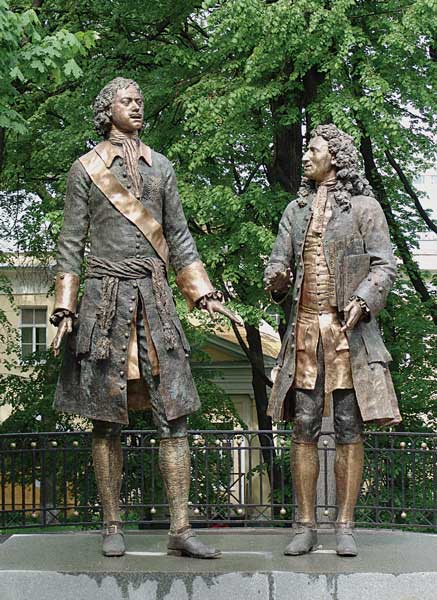
1788 Botany Bay, History: French explorer Jean-Francois La Perouse sailed away never to be seen again. In earlier discussions with an officer of Governor Phillip’s first fleet, La Perouse had given over his journals and letters to be sent back to France before he left Botany Bay for further exploration into uncharted waters. After a six week re-fit in Botany Bay his ships La Boussole and L’Astrolabe left. Wreckage discovered in 1964 indicated they had been destroyed in a cyclone in the Solomon Islands. There is a nice little museum about his explorations at La Perouse in Sydney. Been there seen that.
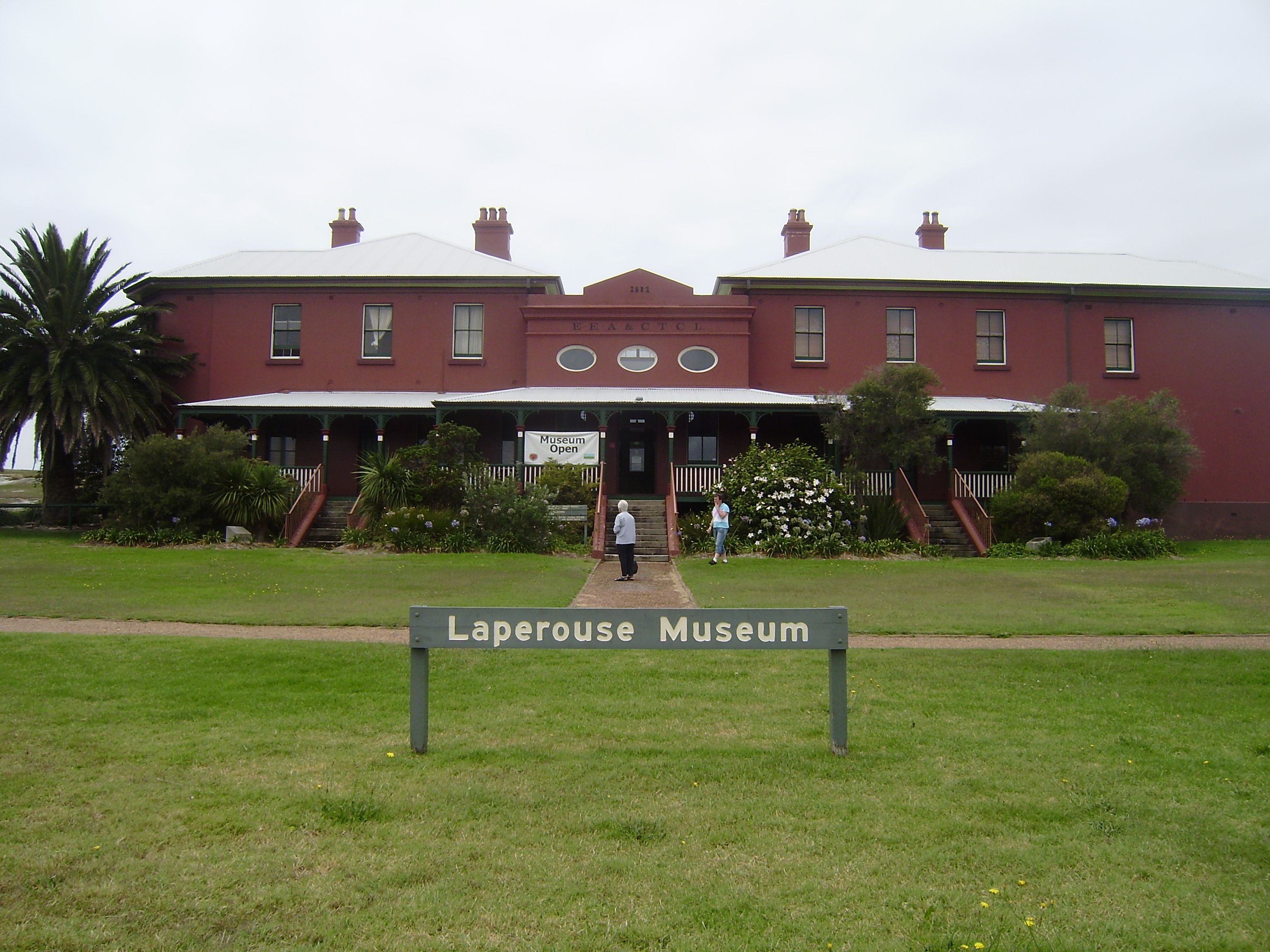
1901 Cleveland, Technology: Typewriter salesman Harry Gammeter patented a multi-graph duplicating machine shown below. Made much use of such an ink-stain spreader at one time.
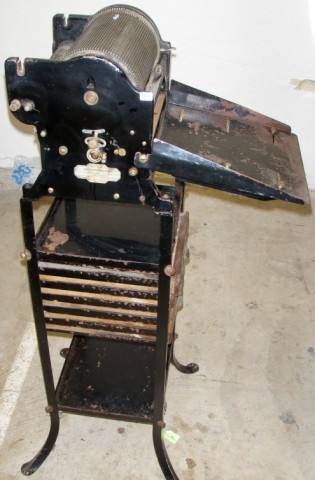
1926 New York City, Literature: The Viking Press published the first Book-of-the-Month Club title, Sylvia Warner’s ‘The Loving Huntsman.’ It is a satirical comedy of manners incorporating elements of fantasy in which a middle-aged spinster moves to a country village to escape her controlling relatives and takes up the practice of witchcraft. The founders wanted to promote new books by selling them cheaply on subscription on the strength of a standard brand. It worked and went from 4000 subscribers to 550,000 in twenty years though the Great Depression hit it, too. Being selected as a book of the month made a title a commercial success, and still does in the e-book age.
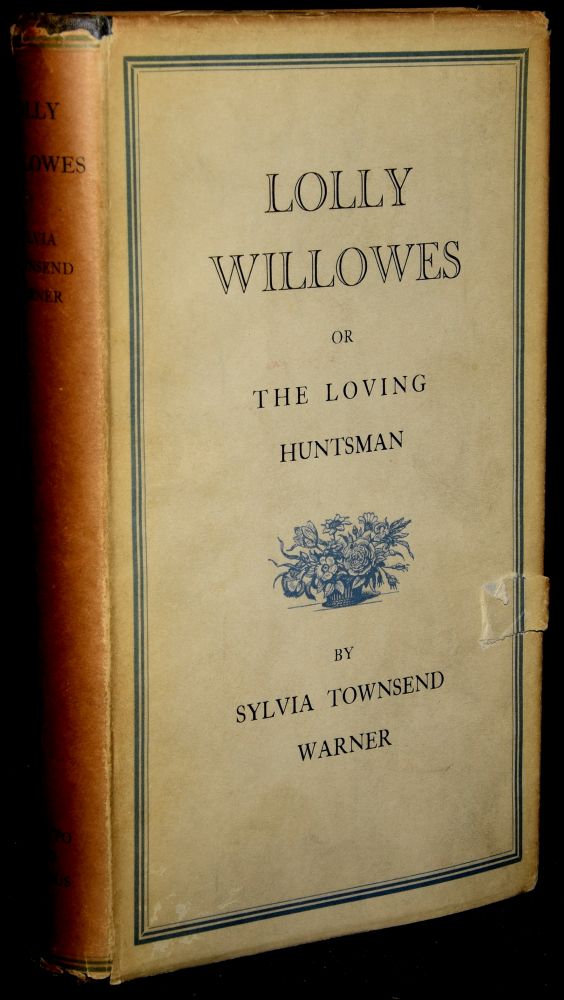
1997 The PalmPilot went on sale. I had one when it was at the cutting edge, well, it did not cut anything but it was the latest thing at the time.

9 March
141 BC Peking, Politics: Emperor Wu of the Han dynasty assumed the throne and stayed there for fifty-four years. Tranquility was his practice and program.
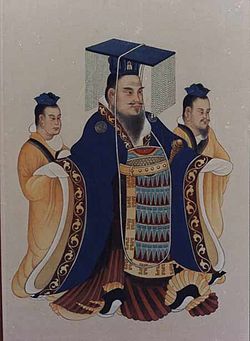
1776 Edinburgh, Society: Adam Smith published ‘The Wealth of Nations.’ In time it became the foundation of economics as a social science and has remained in print since that time: More often cited than read even by members of the Adam Smith Society. Did the ‘invisible hand’ therein lead to the invisible man? Only H. G. Wells knows for sure.
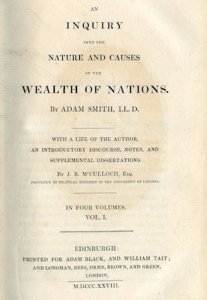
1831 Oran, History: The Légion étrangère was created by merging Swiss and German regiments in the French Bourbon army. The ordinance of establishment specified that foreigners must serve outside France, and that started in Algeria. Even to this day recruits swear allegiance to the Légion and not to France. Its place in legend is greater than its place in history. In 1939 some veterans of the International Brigades saw in the Légion a further chance to fight fascism. Later several regiments of the Légion readily joined the Free France cause in 1940 and proved instrumental at Bir Hakeim in North Africa. There is a very lengthy entry on Wikipedia, and for those interested an official web site for volunteers.
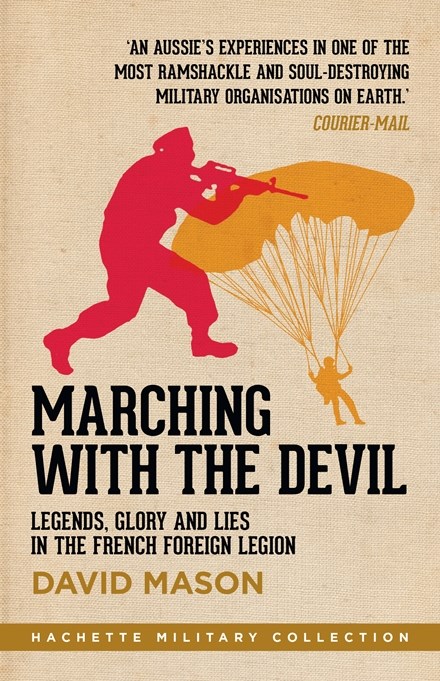
1841 DC. The Supreme Court, convinced by the arguments of counsellor John Quincy Adams, ordered the release of the survivors of the Amistad mutiny. President Martin van Buren had them imprisoned to woo the pro-slavery votes that he would need for re-election. They sued for relief, and former President John Quincy Adams took the case pro bono for he had always been an abolitionist. Although seven of the nine justices were from Southern States, such were the facts and argument that they found 7-1 for release with one abstention. A biography Quincy Adams is discussed elsewhere on this blog. He was no orator but he was devil for detail.
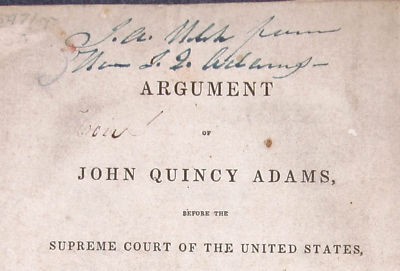
1959 New York City, Popular Culture: The eleven inch tall Barbie Doll first went to display at the American Toy Fair. She was the first mass-produced doll with adult features in the United States. Creator Ruth Handler named it after her daughter Barbara. Barbie’s costumes have given her a number of careers from doctor, pilot, stewardess, astronaut, athlete, banker, and more. The Mattel Corporation claims that 800 million have been sold. Other web sites give an even larger number. A mint condition 1959 example as pictured below sold for $27,450 in 2016. Check the attic!

8 March
1884 Washington. D.C., Politics: Susan Anthony testified before the House Judiciary Committee on the Sixteenth Amendment to prohibit states from disenfranchising any citizen on account of sex. It was the sixteenth time she had appeared before a Congressional Committee to argue that case. When, years after her death, the Sixteenth Amendment became the law of the land, Oscar Underwood, majority leader in the House of Representatives, called it the Anthony Amendment. This is the same Underwood, Democrat from Alabama, who steered President Woodrow Wilson’s nomination of Louis Brandeis through the anti-Semitism of the time, and once went to the seat of Ku Klux Klan during its convention to denounce it. A biography of Underwood is discussed elsewhere on this blog.
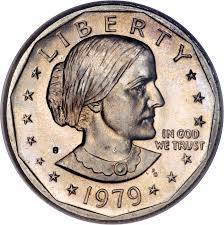
1935 New York City, Literature: Thomas Wolfe published ‘Of Time and the River,’ the sequel to ‘Look Homeward, Angel’ (1931). At 6’ 5” Wolfe wrote standing up using the top of an icebox as a writing surface and produced the manuscript for this book which ran to 10,000 pages. Maxwell Perkins edited that gargantua into 500 pages. The book combined the talents of two geniuses. Wolfe is pictured below with the wooden crates containing the manuscript.
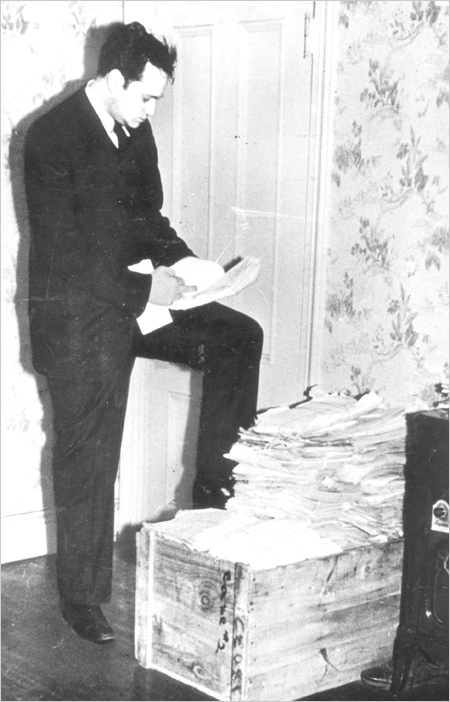
1950 Wolfsburg (West Germany), Technology: The Volkswagen corporation began production of the microbus, called the VW Type 2, or the Transporter, which became an icon of the Counter-Culure in the next decade, when appropriately decorated. It was sometimes called the Combi to refer to its combined use or Splittie for its split windscreen. Ridden in many.

1976 Jilin (China), Science: A meteor weighing 1,174 kilograms along with hundreds of other smaller rocks landed in northern China. Some rock. It is now housed in a museum.
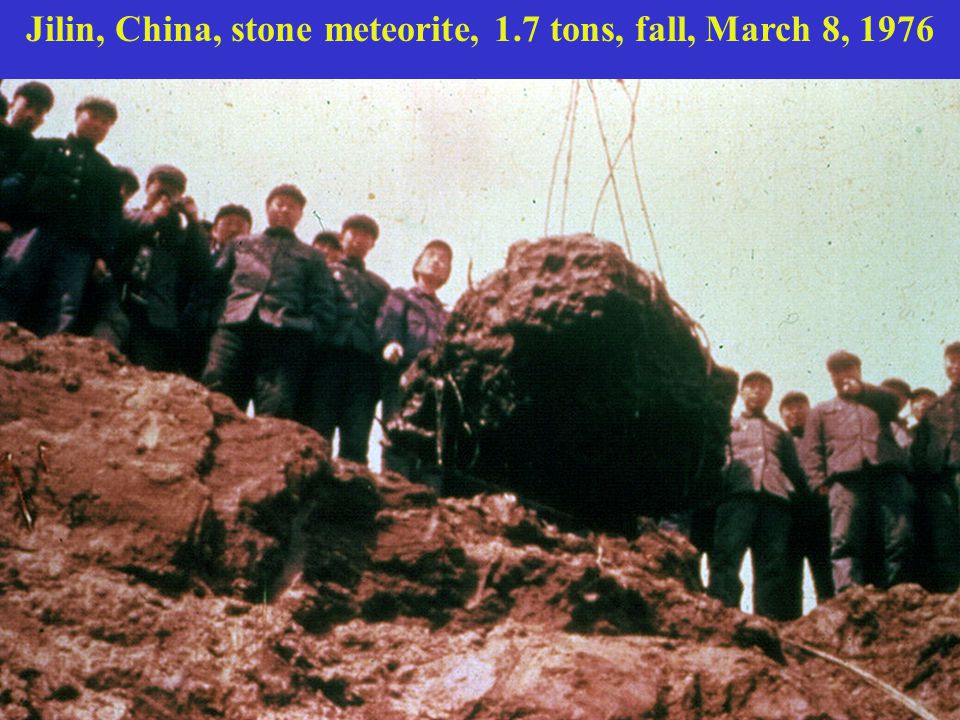
1979 Eindhoven, Technology: The Compact Disc developed by Phillips was demonstrated at a press conference. It went on sale in 1982. The first specimens were to store and play audio (CD-DA), then later adapted for data (CD-ROM). The evolution continued to video. At the time a CD held much more data than the hard drive of a main frame computer. Sony was also in this race and within a year Phillips and Sony pooled resources.

7 March
161 Rome, History: Marcus Aurelius became Emperor. HIs musings made him more famous than anything he did with the imperium.

321 Constantinople, History: Eastern Roman Emperor Constantine decreed that the ‘dies Solis Invicti’ be a day of rest throughout the Empire, that is, Sun-day. The unconquered Sun it was called because it keeps coming up. Connie put Solis on coins called solidus for good measure and himself on the other side.
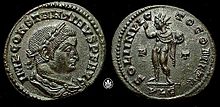
1854 St Louis, Technology: Charles Miller patented the first sewing machine to stitch buttonholes #9139. Think of that every time a button is buttoned. Did he invest in brewing? Been to St Louis a few times.
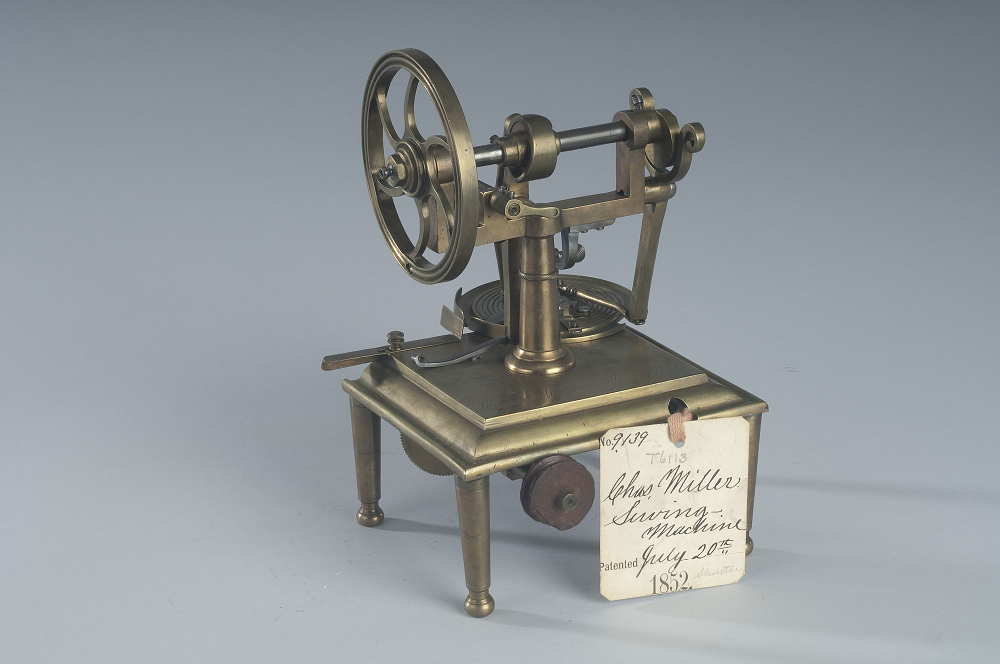
1900 Hamburg, Technology: German trans-Atlantic liner Kaiser Wilhelm der Grosse was fitted with wireless communication by its owner, Norddeutscher Lloyd, in order to outdo its rivals.
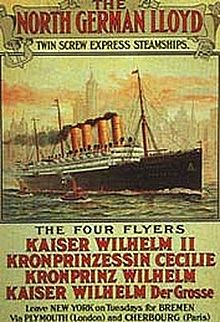
1987 India, Sports: Sunil Gavaskar became the first cricket player to score 10,000 test runs. He was nicknamed ‘Sunny’ for his positive outlook, and opponents called him The Magician for his way with the bat, as though it were a magic wand that could make runs appear where there were none for he was not an aggressive stroke-maker but runs came all the same. Number 10,000 came against arch rival Pakistan. He was one of the few batsmen who dominated the West Indies fast bowlers when they were a rank of flamethrowers. Others have since reached this figure including his protege Sachin Tendulkar.

6 March
1521 Guam, History. Ferdinand Magellan charted Guam and landed to take on fresh water. My dad spent time on Guam in the USAF.

1646 Saugus (Massachusetts), Technology: The Massachusetts Bay Colony issued the first patent in North America to Joseph Jenkes for scythes.
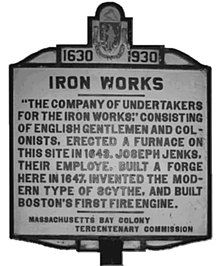
1869 St Petersburg, Science: Dmitri Mendeleev presented the first periodic table of elements to the Russian Chemical Society. It does not look like the poster of Mrs Hoover’s science class.
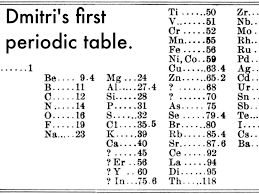
1899 The Bayer Company patented aspirin. Chemists Felix Hoffman and Arthur Eichengrun refined salicin into a powder that dissolved in water. By 1915 Bayer had developed a tablet. Bayer’s patent expired during World War I and other companies imitated it. Eichengrun was a Jew and during the Nazi Brown Years his name was expunged from the Bayer Company records. He did not survive the Brown Years.

1981 New York City, Culture: Walter Cronkite finished his last CBS Evening News cast, ‘A day like any other,’ as he said at the end of every newscast for thirty years or more except on 22 November 1963. CBS News was news from Ed Murrow, to Mike Wallace, to Walter Cronkite who did for thirty-five years.
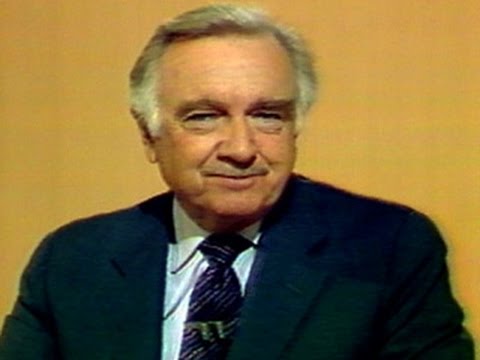
5 March
1770 Boston, Massacre: tax protestors surrounded the Customs House and a few people in the crowd pelted the small detachment of Redcoat on guard with snowballs, some of which had rocks in them. Despite explicit orders not to fire, one Redcoat discharged a weapon, leading to a cascade of fire, resulting in five dead civilians, one a black man, Crispus Attucks. Two soldiers were tried in Boston and defended zealously by John Adams to show the fairness of colonial justice. They were found guilty of manslaughter, cashiered, and had an ‘M’ for murderer branded on the thumbs of their right hands. The shooting went into history as the Boston Massacre, and together with the scrupulously fair trial and the shooting the two events became symbols for American independence.
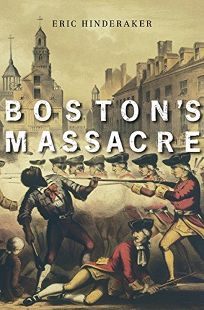
1876 Alexander Graham Bell patented the telephone. The invention of the telegraph in 1843 had stirred him to think about transmitting voices over wires which he first called a ‘harmonic telegraph.’ He had worked with the deaf to find means to improve hearing.

1923 Poet Robert Frost published ‘Stopping by Woods on a Snowy Evening’ in the ‘New Republic’ magazine. It became the entry point for millions of American students of poetry, including me. You Tube has some video of his recitation of ‘The Gift Outright’ in January 1961, which I remember well.

1963 USA, Entertainment: The Hula-Hoop craze reached its peak with twenty-five million sold. While in the Army the inventors saw Australian school children exercising with a wood hoop around their waists. They put that together with the Hula dances they had seen in Hawaii and…..!
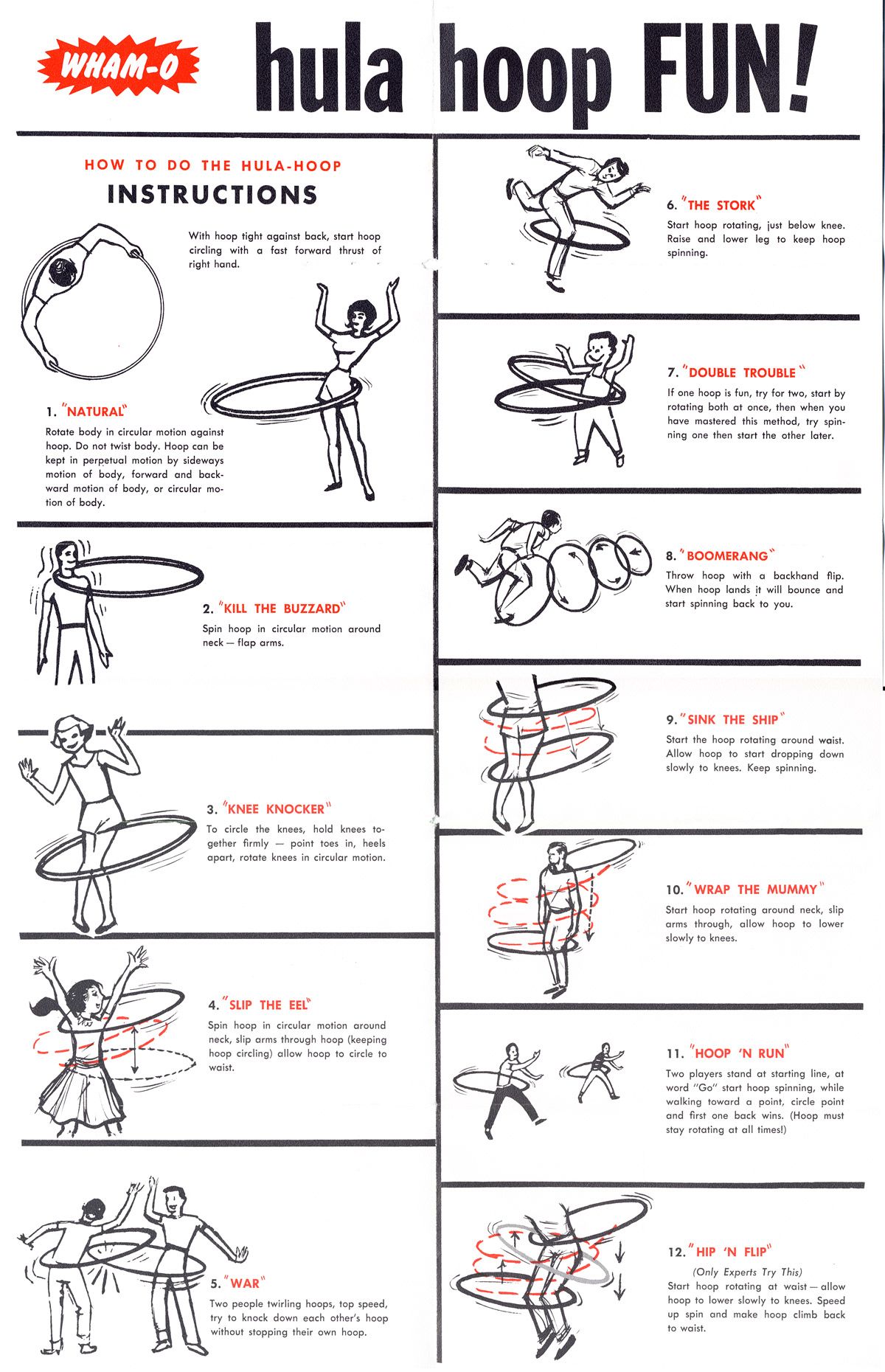
1981 Dundee (Scotland), Technology: The British ZX81 from Sinclair Research went on sale and so became the world’s first home computer. Nearly two millions were sold. It was small; it was simple; it worked. It was sold mail-order or from stores like W.H. Smith Books for less and $US 100. In came in a box and some assembly was required. Batteries were not included.

4 March
1774 Bath, Science: Astronomers Caroline and William Herschel sighted, recorded , and described the Orion nebula.

1789 Philadelphia, Politics: The United States Constitution was promulgated by a meeting of nine senators and thirteen representatives constituting Congress. A mere twenty-two men made it the law of the land. Name them!
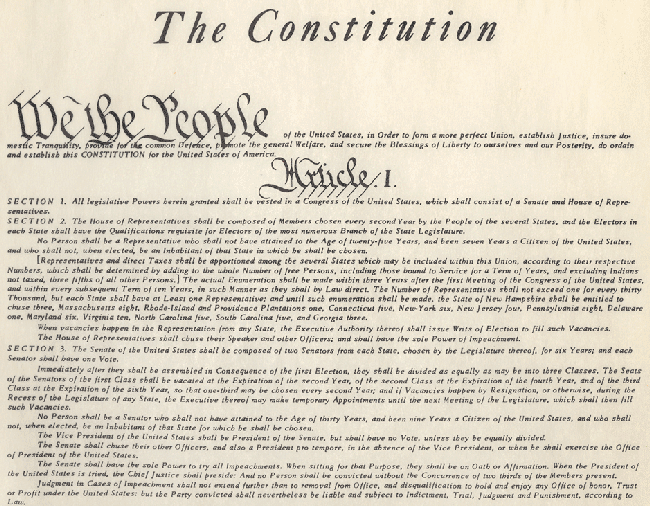
1831 Swan River (WA), Politics: In late 1828, Captain Sir James Stirling RN had been designated Lieutenant-Governor of the Swan River colony which was half the continent. (See the map below.) After the 1829 Act to provide for the government of the Colony in November 1830, Stirling was elevated to Governor and Commander-in-Chief.
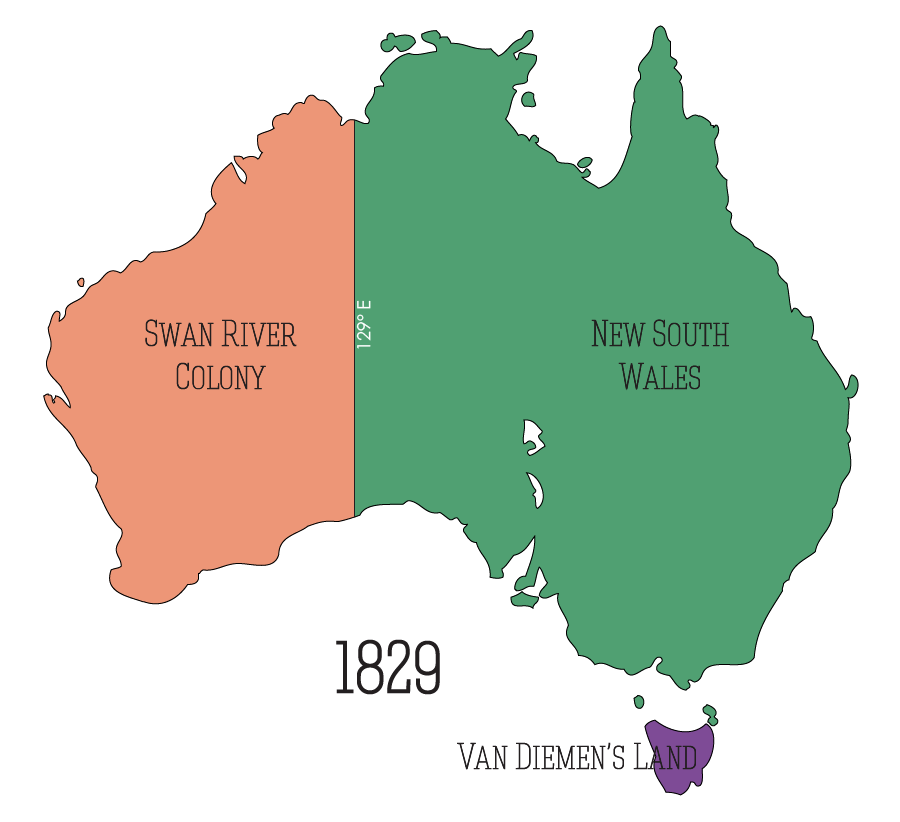
1954 Boston, Medicine; The first successful kidney transplant was announced at Brigham Hospital. The operation had been done earlier. The donor and recipient were twin brothers. The recipient lived for eight more years.
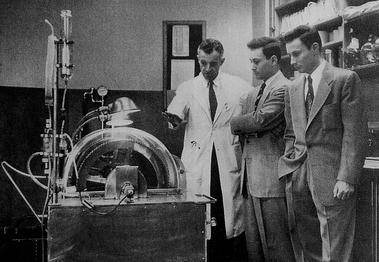
2007 Tallinn, Politics: In the Estonian parliamentary election about 30,000 citizens voted electronically from home. This the world’s first general election permitting remove electronic voting. One imagines the hack attacks. We have been to Tallinn and hosted some Estonians at home.

3 March
1284 Rhuddlan, Politics: King Edward I promulgated the Statutes of Wales making it a principality under the English Crown. In 1535 Henry VIII made Wales a part of the realm of England period.

1875 Paris, Music: George Bizet’s opera ‘Carmen’ premiered with a story derived from Prosper Mérimée’s novel, which was thought too salacious for the stage. How they do roll those cigars. First Bizet struggled to find a financial backer, and then at least a dozen sopranos rejected the title role. Bizet refused to compromise and it finally appeared to a mixed reaction. However Richard Wagner, Johannes Brahms and Pyotr Tchaikovsky all heard the music and admired it. Indeed!
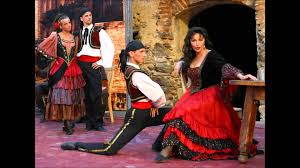
1887 Ivy Green (Alabama), Education: Anne Sullivan began to teach the truculent six year old Helen Keller, blind and deaf since a bout of scarlet fever at nineteen months of age, using a touch teaching method. Keller’s parents had written to Alexander Graham Bell who worked with the deaf, and he recommended Sullivan. Keller went on to graduate from Radcliffe with honours in 1904, becoming thereafter a fundraiser and advocate for the disabled. (The Anti-vaxxers are now campaigning to bring back scarlet fever.)
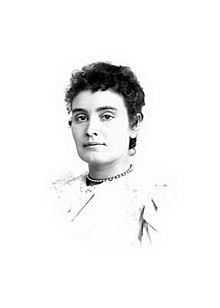
2002 Zurich, Politics: In a referendum the Swiss voted to join the United Nations in 55% versus 45% spilt. Canton by canton the vote was 12 for and 11 against. While all major political parties favoured the move, there was considerable opposition from German- and Italian-speaking areas because it would mean involvement in world affairs. A referendum on the same question in 1986 was decisively defeated 3 to 1. It was also seen as a prelude to greater integration into the Euro and the European Community at the time.

2005 Salina (Kansas), Technology: Steve Fossett becomes the first person to fly an airplane around the world solo without any stops and without refuelling in a solar powered aircraft – a journey of 40,234 km/25,000 mi completed in 67 hours and 2 minutes. In 2007 Fossett disappeared on a flight over the Great Basin Desert in Nevada.

2 March
1836 Brazos (Texas), History: A convention of residents, including Tejanos as well as Americanos, declared Texas independent of the distant and corrupt government in Mexico City. We saw an original of the Declaration in the excellent state museum in Austin.
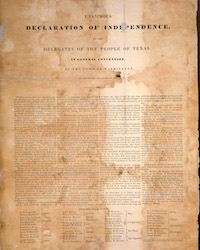
1877 Washington, D.C., Politics: With a minority of the popular vote Rutherford Hayes became President. The results in four states were disputed. Electoral College representatives from two other states were replaced at the last minute. Irregularities were alleged in another four states. A joint sitting of the two houses of Congress appointed a Special Commission of five Democrats, five Republicans, and five of the Justices of the Supreme Court to resolve the impasse. The selection of the members of the Commission itself was disputed. This Commission ruled by an 8-7 vote on party lines that Hayes had won by a single electoral vote from Louisiana. The loser Samuel Tilden maintained a studied calm and accepted the result and disappeared from history. If only Al Gore had followed that example. [Sigh.]
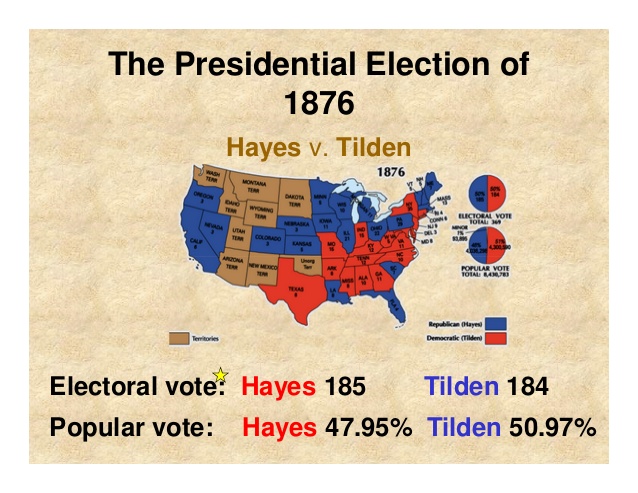
1933 New York City, Entertainment: ‘King Kong’ premiered. With its special effects it was a sensation reversed the love of Beauty and the Beast. Of course, Fay Wray’s scream helped a lot. Could that woman scream, or what! KK, however, did not get a best actor gong. Wallace Beery did. In the picture below Kong is on the Empire State bailing which had not yet had the radio mast installed.
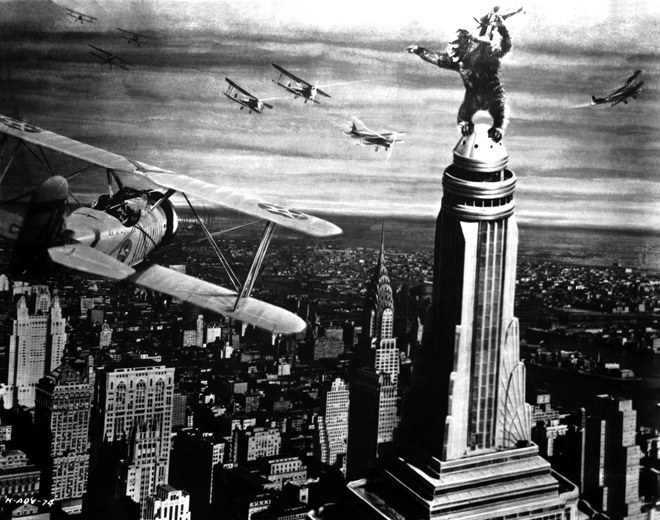
1949 New Milford (Connecticut), Technology: The first automated street light system turned on. Until then the lamp of each light was lit by hand by turning a switch. The New Milford system was operated for the whole town by a single operator in an office. That was soon automated by a mechanical clock. It made street lighting cheaper and simpler to operate and so it spread rapidly but the lamplighter lost the job. Many worried that such street lighting would fade the curtains. Others opposed it for destroying the ancient and honourable profession of the lamplighter. These same people today go to a check-out clerk rather than scan their own goods.
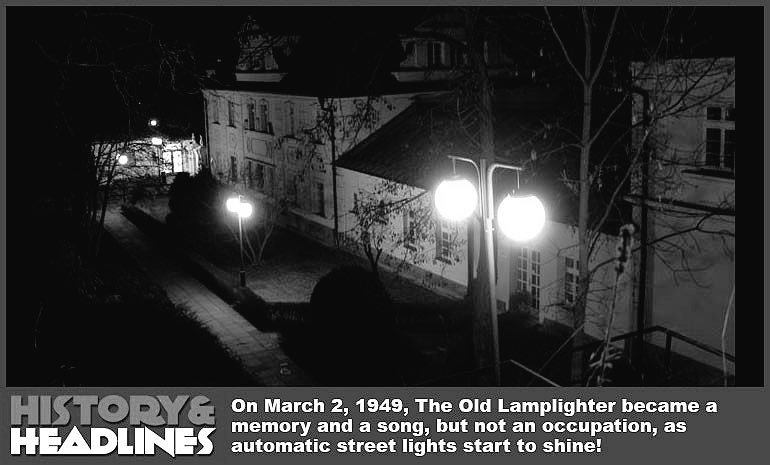
1972 Cape Canaveral, Space: Pioneer 10 was launched into the void to survey Jupiter. It navigated the perils of the Asteroid Belt and meteor showers, going on another 620 million miles to send back the first close images of the gas giant. It continued out of the solar system, transmitting data that was received until 1997. It travelled a total of six billion miles at that time. It bore the brass plate shown below, designed by Carl Sagan, to introduce us to whoever is out there.
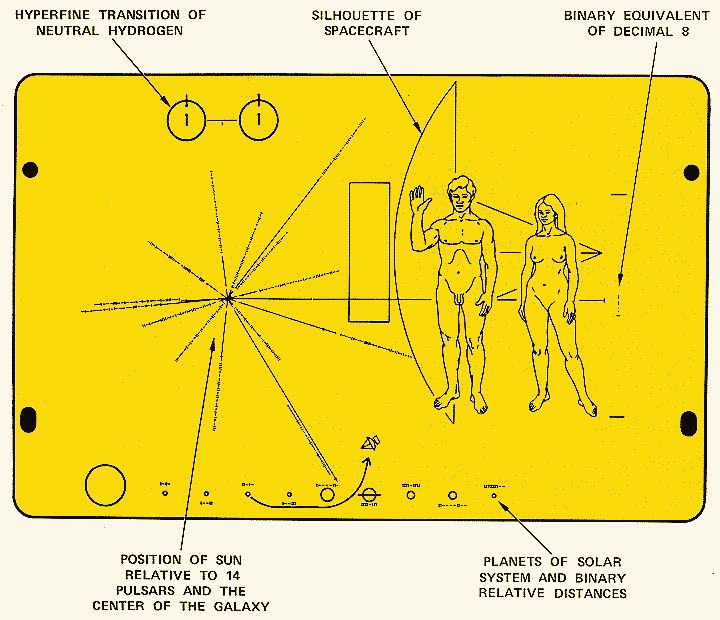
1 March
1867 Lincoln, History: Nebraska became the 37th state. Its border were slightly amended in 1882 to follow the Missouri River in the north east.
1873 Ilion (New York), Technology: Eliphalet Remington began production of a typewriter. Remington and his sons had produced firearms for the Union Army during the Civil War, and then sewing machines. In 1872 Remington purchased the patent (79,265 from Christoper Sholes) for a Type-Writer with which a skilled operator could produce text faster and clearer than a person could do in long-hand. It had the QWERTY layout of keys as does my IMAC keyboard purchased a year ago.
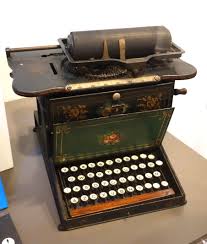
1921 Forty-one year old E. M. Forster embarked on a sea voyage to India. He distilled the experiences and observations of that trip into ‘A Passage to India’ (1924). No reader ever forgets Adela’s visit to the Marabar Caves.
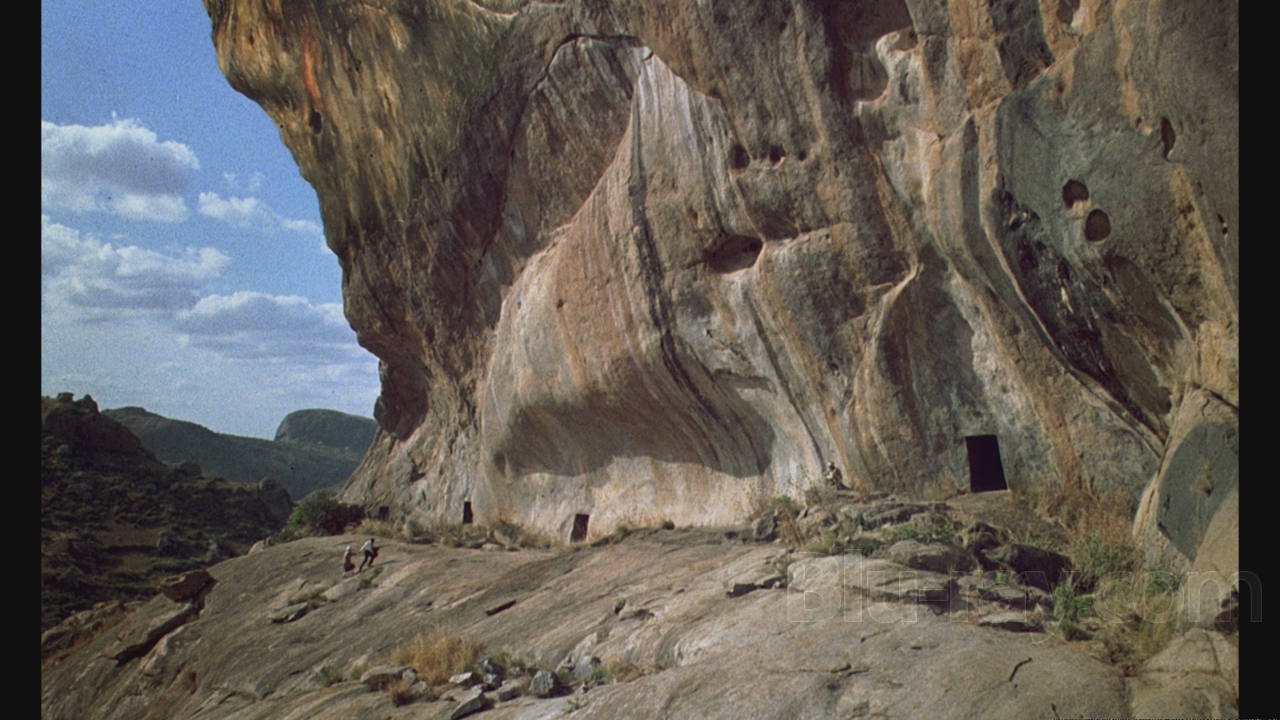
1975 Sydney, Technology: Colour television broadcasting began in Australia when James Dibble read 7 pm news on the ABC. I probably saw it but the memory is gone. But I pine for the day when news readers read the news without editorial eyebrows, adverbs, and adjectives to let the viewer know their oracular judgements. I never did know what Dibble thought and we were both happy with that.
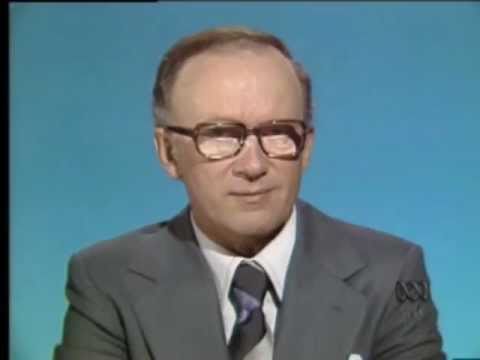
1977 The Bank of America began issuing VISA cards. Got mine. It had been issuing credit cards in its own name but wanted something more suited for an international clientele without the need for an account at the Bank of America.

